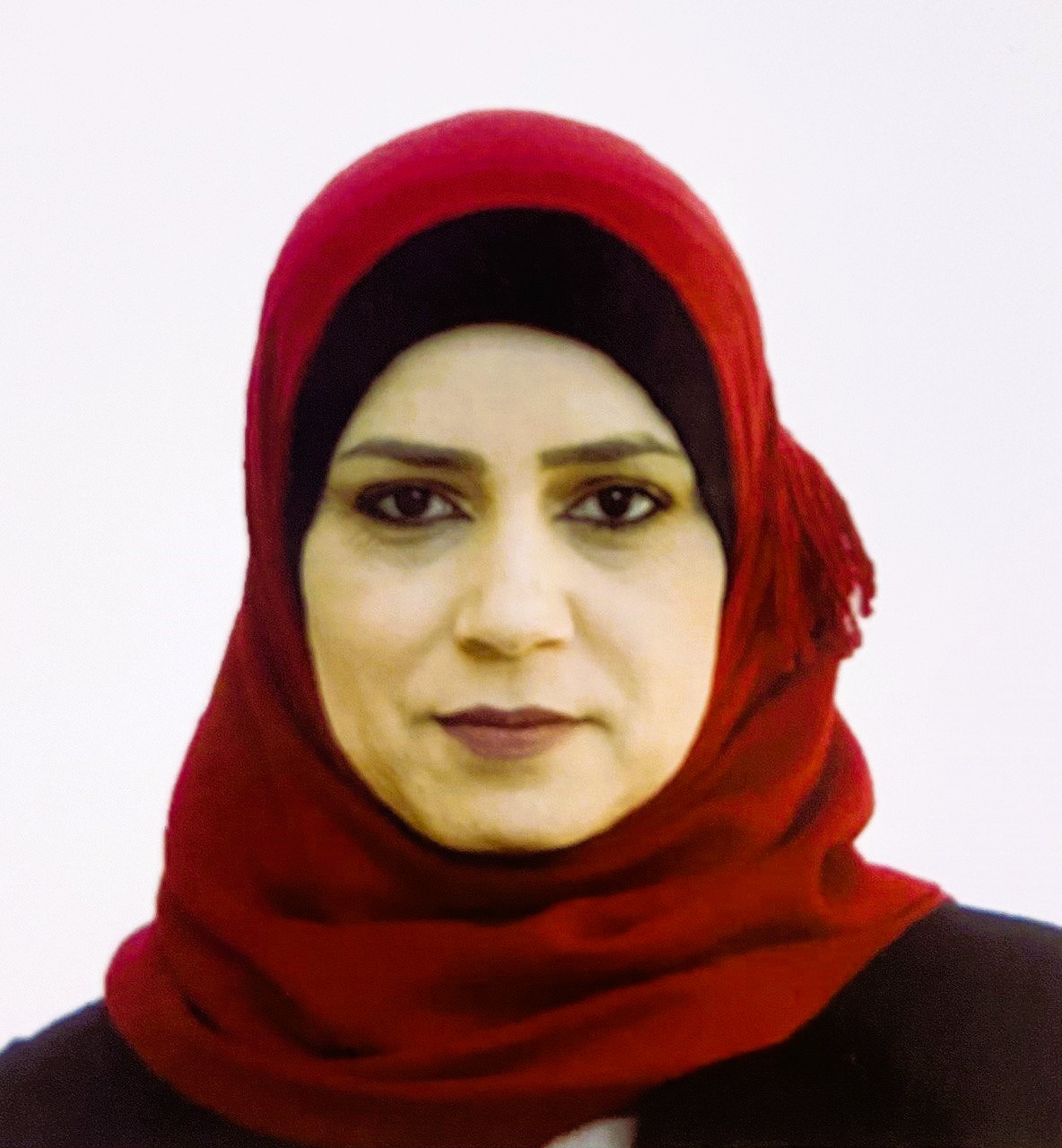
Huda Al-Taee is a Nephrologist at Nephrology and Renal Transplantation Center, The Medical City, Baghdad- Iraq. In 2005, she got her M.B.Ch.B. from Baghdad Medical College. She finished her residency in teaching hospitals and had her Arab Board Certificate in Internal Medicine in 2015. In 2019, she got the Iraqi Board Certificate in Nephrology and Renal Transplantation. In 2021, she became a Fellow of the American Society of Nephrology and earned the Arab Board Certificate in Nephrology and Renal Transplantation in the same year. She is interested in renal transplantation and transplant immunology and published research in kidney transplantation.
Social and psychological profile of Iraqi living kidney donors
Huda Al-Taee1, Ala Ali1.
1Nephrology and Renal Transplantation Center, Baghdad Medical City, Baghdad, Iraq
Introduction: Assessment of the donor’s psyche is vital to ascertain the independence of the decision to donate with no external pressures. The psychosocial profile of live kidney donors in the developing world was not explored well. Here, we are assessing the psychosocial profile of Iraqi potential living kidney donors.
Methods: A cross-sectional study was conducted at the donation clinic of the Nephrology and Renal Transplantation Center, Baghdad, from November 2022 to January 2023. Forty-four prospective kidney donors were included consecutively. At the first donor interview, baseline demographic and social data were recorded. Then, an Arabic version of the 12-item General Health Questionnaire (GHQ-12) was presented to the donor after an explanation. It is a 12-item questionnaire, each evaluating the severity of a mental problem over the past few weeks using the Likert scoring method (from 0 to 3). It assesses anxiety and depression, social dysfunction, and loss of confidence. The score generated a total score ranging from 0 to 36. Responses were recorded and analyzed. A nephrologist and a psychiatrist explained the terms and the questionnaire to the participants. The entire process was conducted according to the principles of the Declaration of Istanbul.
Results: The mean age of the participants was 32.4± 9.17 years; 50% (22/44) were males, and the majority (70.45%) received primary school education. More than half of the study sample lived in an urban area (56.81%), and the majority (84.09%) were unemployed. Fifty-two percent of the donors were willing to donate to an unrelated recipient. Governmental hospitals are where these donors will donate their kidneys (88.63%). The mean GHQ12 was 6.95± 1.66; the mean GHQ12 score for males was 6.86 ± 1.9, and for females, 6.95± 1.3. There is no statistically significant difference between the two groups and no statistically significant difference in the GHQ12 mean between the donors who will donate to related or unrelated recipients.

Conclusion: In such a small sample of Iraqi live donors, no major psychological issue was detected. A study with a large sample and a more detailed psychological evaluation tool is needed.
